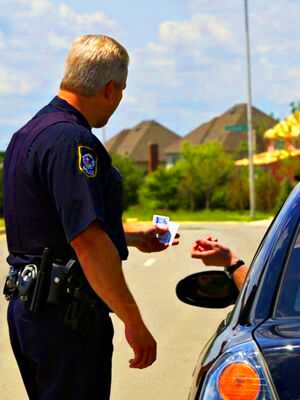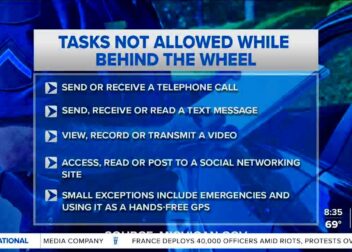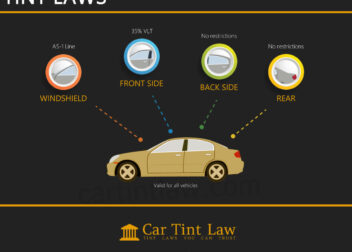What Every Driver Should Know When Stopped by Law Enforcement
Getting stopped by the police might be a very scary thing to experience. That said, how you react will vary depending on your understanding of the law. There are some rights that protect you as a motorist; this is why it is important to bear these vital points in mind:
- Right to Remain Silent: You are not obligated to answer every question the officer asks. It’s okay to remain silent, but do inform the officer that you choose to do so.
- Right to Know the Reason: You have the right to ask why you were stopped. Officers must provide a reason for the traffic stop.
- Right to Refuse Consent to Search: If an officer requests to search your vehicle, you can refuse unless they have probable cause.
- Right to Legal Representation: If you feel that your rights are being violated, you can request to speak with a lawyer.
Preparing for a Traffic Stop
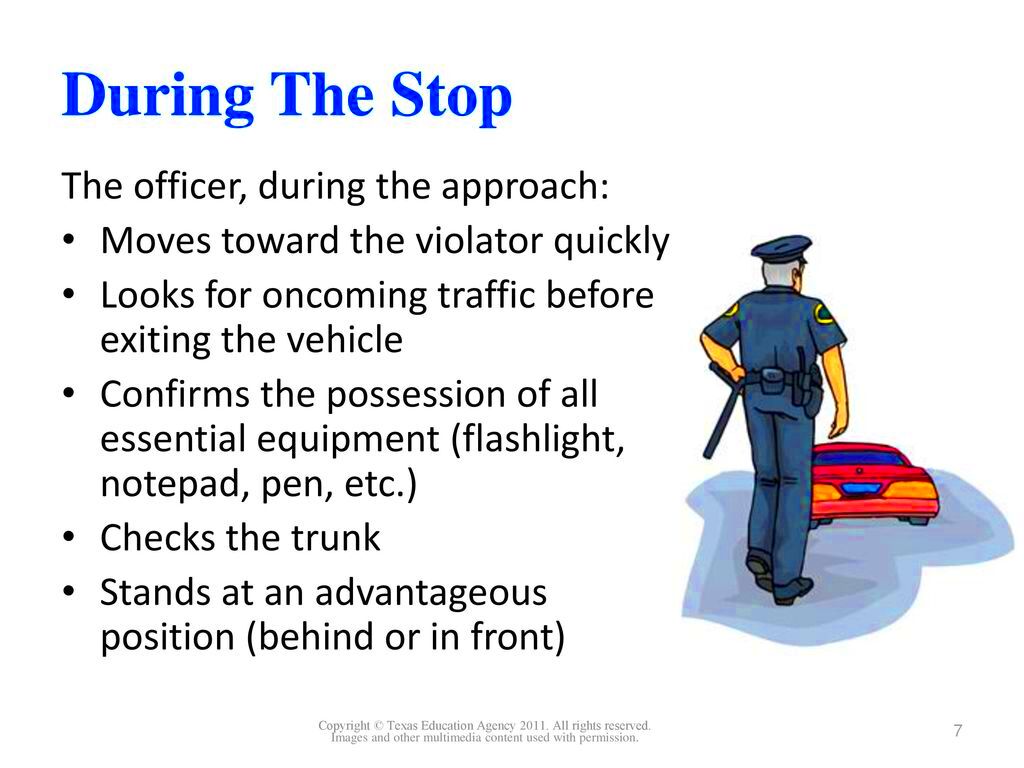
Preparation is able to dull the anxiety of a traffic halt. Below are some measures that you can employ for readiness:
- Keep Documentation Accessible: Always have your driver’s license, registration, and insurance information easily accessible. This can speed up the process.
- Stay Calm: Take a deep breath. Remaining calm can help you think clearly and respond appropriately.
- Know Your Surroundings: If you’re in a well-lit area, it’s generally safer for both you and the officer.
- Follow Traffic Laws: Adhering to traffic rules can minimize your chances of being stopped in the first place.
How to Handle Interactions with Law Enforcement
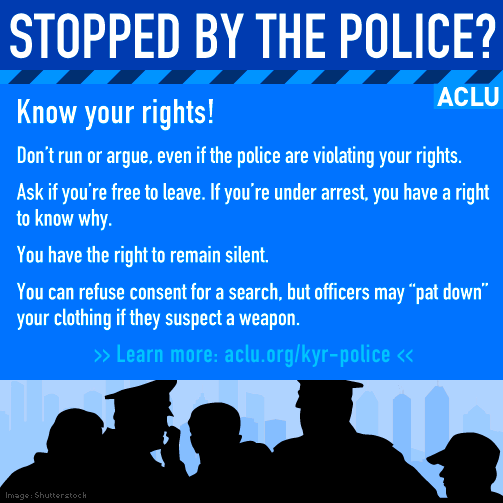
The outcome of the stop might be influenced by your response when the officer walk to your vehicle. Below are some tips for managing the interaction:
- Stay Inside Your Vehicle: Unless instructed otherwise, remain in your vehicle with your hands visible on the steering wheel.
- Be Polite and Respectful: Address the officer politely. A calm demeanor can help de-escalate any tension.
- Communicate Clearly: If you need to reach for something, like your license, inform the officer of your actions before doing so.
- Document the Interaction: If possible, take mental notes or write down details of the encounter for future reference.
Common Reasons for Traffic Stops

There can be numerous reasons for traffic stops and knowing reasons will help you not to get caught in one. Some of the most common reasons for which law enforcement officers may halt a vehicle are as follows:type=”text”>
<paragraph>There are call various reasons for traffic stops, and knowing them may help you to avoid being stopped in the first place. Here are some common reasons why law enforcement officer might stop car:</paragraph>
- Speeding: Exceeding the speed limit is one of the most frequent causes of traffic stops. Make sure to adhere to posted limits.
- Running a Red Light: Ignoring traffic signals can lead to dangerous situations, prompting officers to intervene.
- Expired Registration: Driving with outdated tags can result in a stop, so keep an eye on your vehicle’s registration date.
- Broken Taillights or Headlights: A malfunctioning light can make your vehicle less visible, which is why officers might stop you to ensure safety.
- Distracted Driving: Using a phone while driving is a common violation that can easily attract law enforcement’s attention.
Mere suggests that the officers have reasonable suspicion based on articulable facts in place and herefore with valid reason but not comprehensive. However, if you think about those reasons randomly given by police officers in making vehicle stops; they’re just excuses for stopping your car noting that this two related processes are not supposed to be taken lightly.
Nevertheless, it is important for one to bear in mind that an officer must possess reasonable cause before pulling over your automobile even when he /she did so by asking if everything was fine at first. In case your intuition distinctively tells you otherwise, pose such inquiries without being agitated at all too much.
Steps to Take After Being Stopped
Facing law enforcement can be a daunting experience, however, remaining calm and collected by following these steps will help. This is what to do:
- Pull Over Safely: As soon as you see the lights, find a safe spot to pull over, preferably in a well-lit area.
- Stay Calm: Take a moment to breathe deeply and relax. Keeping your cool will help you think clearly.
- Prepare Your Documents: Have your driver’s license, registration, and insurance ready. Avoid searching for them while the officer is present, as it can cause unnecessary anxiety.
- Follow Instructions: Listen carefully to the officer’s instructions. Respond politely and respectfully.
- Keep Hands Visible: Placing your hands on the steering wheel shows the officer that you are not a threat.
So, this can help make sure that the contact stays secure and polite for both parties that are engaged.
Potential Consequences of Traffic Stops
There are different results that can arise from a traffic stop and these depend on what happens at the time of the stop. It is thus important for you to know some possible effects:
- Verbal Warning: In some cases, the officer may issue a warning instead of a ticket, especially for minor infractions.
- Traffic Citation: You might receive a ticket for violations, which can come with fines and sometimes points on your driving record.
- Vehicle Search: If the officer has probable cause, they may conduct a search of your vehicle, which can lead to further legal issues.
- Arrest: In serious cases, such as DUI or outstanding warrants, the officer may arrest you on the spot.
- Insurance Impact: Traffic violations can increase your insurance premiums, impacting your finances long-term.
Bear in mind that the way in which you stop them can change these results. A great vector that can change how everything turns out is just being polite and steady.
When to Seek Legal Assistance
Being aware of when you ought to seek for legal advice after being pulled over can be vital in defending your rights. Although the most common traffic stops end without any problems at all, there are exceptional situations that require the services of an attorney. Therefore, here are some instances when a lawyer is needed:
- Receiving a Ticket or Citation: If you’ve been issued a ticket that you believe is unjust, a lawyer can help you contest it and navigate the court process.
- Being Arrested: If you find yourself in handcuffs, it’s essential to have legal representation to ensure your rights are protected during questioning.
- Facing Serious Charges: If the traffic stop leads to serious criminal charges like DUI or drug possession, a lawyer is crucial for building a defense.
- Experiencing Rights Violations: If you feel your rights were violated during the stop, such as an illegal search or excessive force, consult a lawyer for guidance on potential action.
- Dealing with Insurance Issues: If your insurance company is involved and disputes arise, legal assistance can help you navigate those complexities.
Whenever you encounter an overpowering situation where your rights and alternatives seem vaguely known to you, think about connecting with a legal expert.
Frequently Asked Questions
Many inquiries can be prompted by traffic stops, especially if it is the first occasion. Here are some in demand questions that drivers have:
- What should I do if I’m pulled over? Stay calm, pull over safely, and keep your hands visible while waiting for the officer to approach.
- Do I have to answer all of the officer’s questions? No, you have the right to remain silent, but you should identify yourself and comply with lawful requests.
- Can an officer search my car without my consent? An officer can search your vehicle if they have probable cause or your consent, so it’s essential to know your rights.
- What if I think the stop was unjust? You can calmly ask the officer for the reason for the stop, and if you believe it’s unjust, consider consulting a lawyer afterward.
- How can a lawyer help me after a traffic stop? A lawyer can provide legal advice, represent you in court, and help protect your rights in case of any violations.
Conclusion and Key Takeaways
That you are aware of what rights you have when it comes to traffic stops is essential in such moments because it may save your life or at least your wellbeing. Below are some critical points to reflect on:
- Know Your Rights: Understanding your rights during a traffic stop can empower you and help ensure fair treatment.
- Stay Calm and Respectful: Your demeanor can influence the outcome of the stop; staying calm can prevent escalation.
- Be Prepared: Keep your documents accessible and be ready to follow the officer’s instructions.
- Seek Help When Needed: If you face legal challenges, don’t hesitate to consult a lawyer to protect your interests.
- Learn from the Experience: Every traffic stop is a learning opportunity. Take notes on what happened and how you handled it.
When you consider this, you will be prepared for any traffic stop that may come your way.
